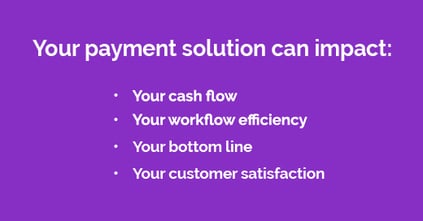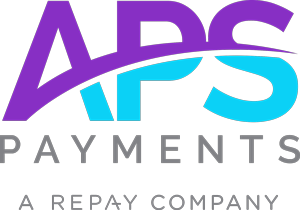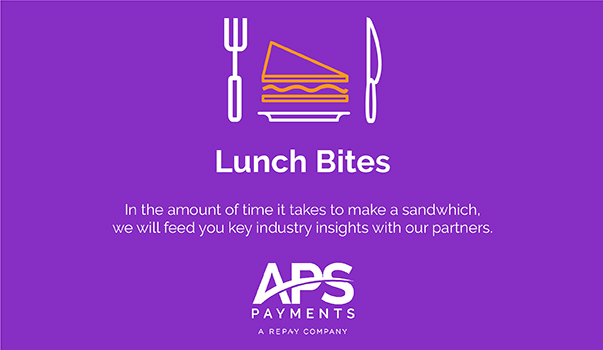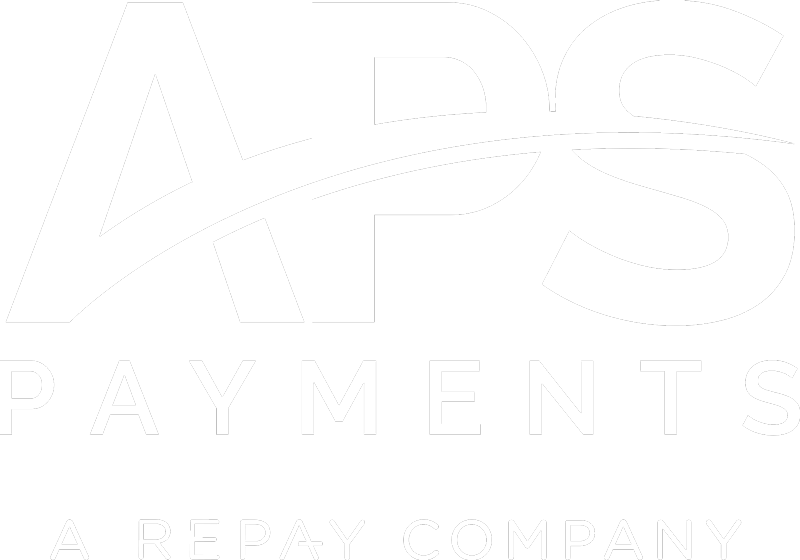
Is your eCommerce, Brick-and-Mortar, or B2B store prepared for the 2020 holiday season?
Customers and merchants in 2020 face a new, unprecedented environment. Nationwide shutdowns and work from home (WFH) operations have caused digital purchasing and payment methods to skyrocket.
This unique situation can serve as both a challenge and an opportunity for merchants, and gains made during the holiday months could help recoup profits lost during the shutdown earlier this year.
COVID and Black Friday
Consumers and B2B clients now expect contactless payment options as a default. Meanwhile, strains on the postal system have made paper-based A/R processing methods frustratingly slow.
In addition to new demands because of COVID-19, merchants need to look ahead in preparation for the busy holiday season. Adobe Analytics released data in 2019 showing how Black Friday sales are breaking records every year and this year will likely be no different. Merchants expecting a high volume of sales should ensure that their processing and support are sufficient for their needs.

What is the state of your current credit card processing system? Is it ready to handle holiday traffic in 2020? Customers who come to your store will either be impressed by a payment process that is smooth and efficient - or disappointed by error messages, long lines, and complicated system entries. Without a quality payment experience, checkout and cart abandonment can significantly impact sales.
On the other hand, customers who are satisfied with their shopping experience during Black Friday could become loyal customers and brand advocates, returning for multiple visits through the year and generating reviews for your business online.
Ensure that your payment processing solution is good enough to cover Black Friday needs with:
99% Uptime
Missing out on potential sales due to IT and payment processing downtime can be costly for eCommerce merchants. In 2019, IHS Markit reported that businesses are losing $700 billion annually due to IT downtime.
Vet any potential eCommerce payments processing provider to ensure that they have at least 99% uptime to avoid these costs.
Payments providers reduce downtime through a number of strategies. Failover systems ensure that if one server goes down, the environment can be brought up in another server within seconds. Consistent API responses are another essential part of the smooth transaction process. If your processor is returning responses, that means the system is receiving the request but the responses break down. This will result in downtime for your business and lost revenue.
Support
A key feature to consider for any payments provider is their merchant support. This is more important than ever during peak hours such as the Black Friday and Cyber Monday rush. Merchants should carefully evaluate current and potential processors to determine if they have the right level of customer service and tech support required for their business needs. Providers who guarantee live support ensure that strained merchants have access to a real human to answer questions, provide resources, and stay on the call until all problems are solved. Integrated payments providers should also give merchants access to key developers and experts when needed.
Integrated Payments
How can B2B, B2C, and B2G merchants make it EASY for customers to pay? Use an omni-channel solution that is seamlessly integrated with the business solutions you already use. This will improve cash flow and customer retention long term.
Perhaps the most important and underrated feature of any quality payment processor for eCommerce is seamless integrations. Seamlessly integrated payment solutions save merchants time and money by enabling customer data to easily flow between the different platforms and software the organization uses. Some payment processing solutions will only be partially-integrated. Seamlessly integrated solutions connect together the shopping cart, ERP, POS, etc. allowing for back and forth communication between platforms with a shared token for easy reconciliation. By using shared tokens, the customer and business user receive a seamless experience.
Keep in mind, not all integrated payments providers are created equal - or offer equitable products and services. All-in-one payments providers, with vertical integrations, their own gateways, etc, can verify and enable all transactions while eliminating any redundant fees. Omni-channel solutions increase cash flow by allowing customers to pay in whichever methods they prefer, such as subscriptions or recurring billing, invoicing through online payment portals, online eCommerce shopping carts, ACH and bank-to-bank transfers, and more.
At the end of a busy Black Friday weekend and Cyber Monday rush, eCommerce managers and admins may not have the time, bandwidth, or energy to manually input data - or worse, data could be entered incorrectly. Automated and integrated solutions can be set up prior to the rush so that your team can focus on sales, and rest assured they have secured the lowest possible rates for each transaction.
Choosing the right payments provider can make all the difference to your eCommerce business - especially when it comes to turbulent years and holiday traffic. The right payments provider will not only process merchant payments but become a partner in the success of your business.
2020 Holiday and Beyond
Need further help adapting your B2B company to remote work during COVID-19? Have questions on how downtime can impact eCommerce sales of Black Friday? As the payment industry evolves, APS Payments is here to help!
APS Payments, a REPAY company, has a team of payments experts standing by to educate you on integrated payment processing features. APS Payments offers omni-channel B2C and B2B integrated payment solutions and is a gateway and processor that is trusted by thousands of merchants daily to process payments. APS Payments integrates seamlessly with multiple leading ERP and eCommerce solutions. Learn more today!





